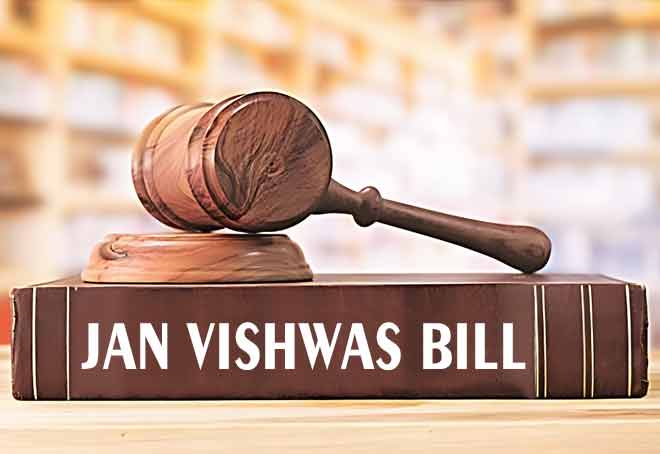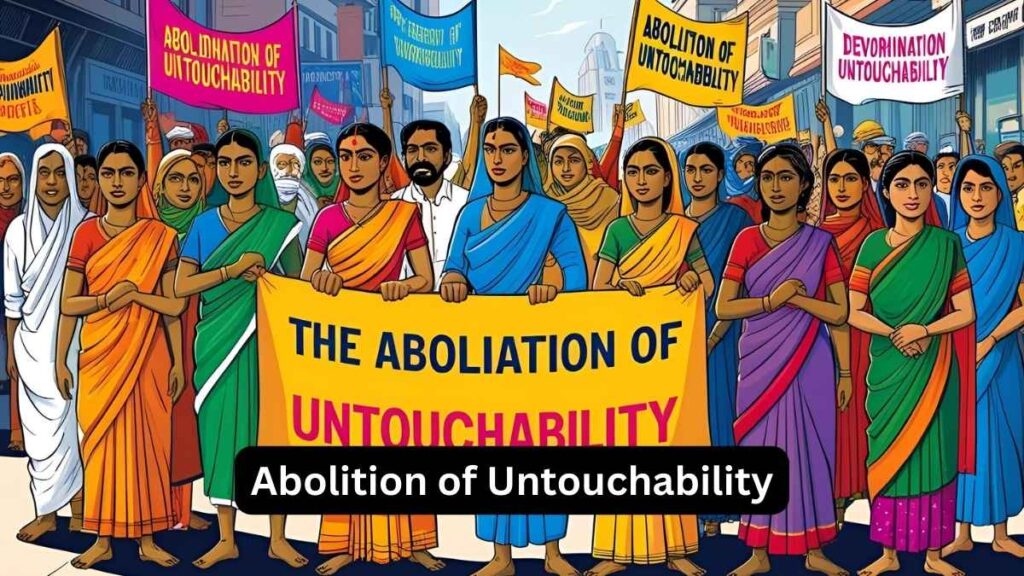Font size:
Print
European Union’s Carbon Tax
Context:
India’s Finance Minister recently criticised the European Union’s Carbon Border Adjustment Mechanism (CBAM) as “unilateral and arbitrary,” asserting that it poses a significant barrier to trade for Indian industries Carbon Tax.

More on News:
- This statement comes in the wake of India’s decision to retaliate against the EU’s steel tariffs, emphasising ongoing tensions between India and the EU regarding trade regulations.
What is CBAM?
- It is a proposed regulation by the EU aimed at imposing tariffs on imports from carbon-intensive sectors, such as steel and cement, starting January 1, 2026.
- It requires exporters to report their carbon emissions, which Brussels argues is necessary for assessing carbon footprints.
Impact on Indian Exports:
- Cost: The implementation of CBAM could raise costs for Indian exports by 20% to 35%, significantly impacting sectors like iron, steel, and aluminium.
- Competitiveness: In 2022, over a quarter of India’s exports in these categories were directed towards the EU, raising concerns about competitiveness.
India’s Response to EU Tariffs:
- Retaliation Measures: In response to the EU’s steel tariffs, which India claims have resulted in trade losses of $4.41 billion from 2018 to 2023, India has notified the World Trade Organisation (WTO) of its intention to increase tariffs on selected EU products as a form of retaliation.
- Trade Losses: The proposed suspension of concessions due to these tariffs highlights India’s significant financial losses and its determination to protect its domestic industries from what it perceives as unfair trade practices.
Key Concerns Raised by India:
- Unilateral and Arbitrary Nature: The Finance Minister emphasised that measures like CBAM are unilateral and do not consider the economic realities faced by developing nations like India, which are investing heavily in energy transitions.
- Lack of Level Playing Field: She argued that such regulations create an uneven playing field, disadvantageous to Indian industries compared to their European counterparts.
- Data Sharing Requirements: Indian exporters express concerns about the burdensome data-sharing requirements under CBAM, fearing that compliance could expose sensitive trade secrets while increasing operational costs.
- Broader Trade Implications
- Impact on Free Trade Agreement (FTA) Negotiations: While these issues would not derail ongoing FTA negotiations with the EU, they remain a point of contention that could affect discussions.
- Other Environmental Regulations: India is also wary of additional EU regulations, such as the Deforestation Regulation, which could further complicate trade relations and disrupt supply chains.
Historical Context of India-EU Trade Relations:
- Resumption of FTA Talks: Negotiations for a Free Trade Agreement between India and the EU were relaunched in June 2022 after being stalled for several years. The current talks aim to address various trade barriers and enhance bilateral economic ties.
- Trade Statistics: As of 2023, the EU is India’s largest trading partner, accounting for €124 billion in trade. This includes significant exports from India in sectors like pharmaceuticals and textiles.
Future Outlook:
- Potential Outcomes: The ongoing tensions regarding CBAM and other regulations may complicate FTA negotiations but could also prompt both sides to seek more balanced solutions that consider each other’s economic contexts.
- India’s Green Transition Initiatives: India is actively pursuing green transition initiatives through schemes like the Production Linked Incentive (PLI) for emerging sectors and household energy programs.
- The Finance Minister noted that achieving India’s climate goals by 2070 remains feasible if current momentum continues.
Subscribe to our Youtube Channel for more Valuable Content – TheStudyias
Download the App to Subscribe to our Courses – Thestudyias
The Source’s Authority and Ownership of the Article is Claimed By THE STUDY IAS BY MANIKANT SINGH






